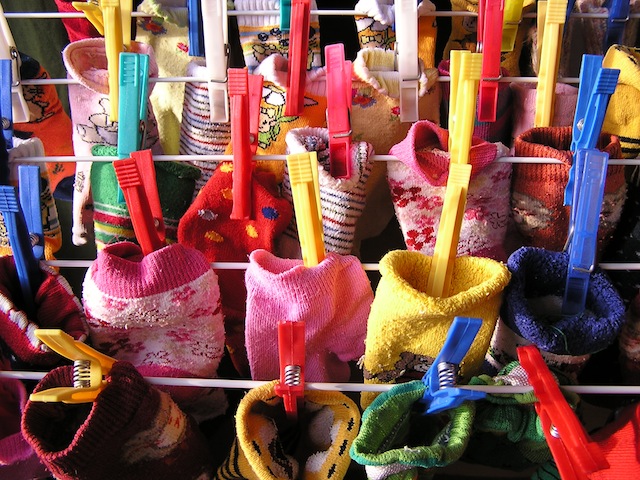Ever since the days of Napoleon business people have lusted over the idea of selling into the Chinese market – the idea of a billion people clambering to buy just one widget each brings a gleam to the eyes of even jaded entrepreneurs.
When Deng Xaioping opened the Chinese economy in the mid 1980s Australian brewers, Swiss watchmakers and German motor manufacturers rushed into the country believing that a billion liberated peasants would rush to buy expensive beer and watches.
As it turned out, the real opportunities for foreigners were in the other direction. When China joined the World Trade Organisation in 2001 the boom that had already started in the Special Economic Zones along the southern Chinese coast spread across the Eastern provinces as manufacturing from Hong Kong, Japan and Taiwan to find cheaper labour.
300km South-West of Shanghai the city of Datang became “sock town” where local companies manufactured a third of the world’s sock supply.
Chinese sock manufacturers became so competitive that their Japanese counterparts were forced to move upmarket in an effort to secure a position in an industry awash with cheap products.
Today the Chinese sock industry is looking sick as manufacturers go broke and inventories pile up reports The Observer.
Excess capacity is a problem in many industries, particularly motor manufacturing where governments around the world have supported their local producers resulting in a glut of cars and trucks. Socks are no exception to the laws of supply and demand.
The travails of China’s sock industry are a cautionary tale for those who project straight lines for Chinese growth.
Facile assumptions that every man, woman and child on the planet needs to buy two pairs of socks a year, or that China will build millions of steel hungry apartments each year, is not economic analysis and any business built on such shaky beliefs is leaving itself vulnerable when things don’t work out.
The same is true for nations. Hollow assumptions can put an entire economy on shaky ground. Just thinking that every Chinese family needs six pairs of socks doesn’t guarantee economic success.

Leave a Reply